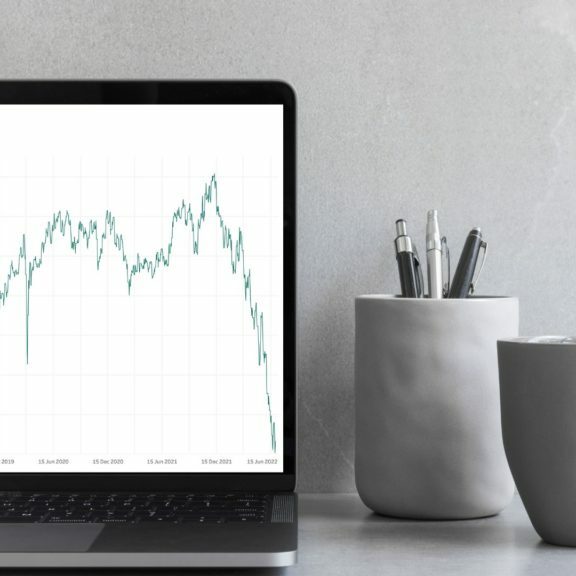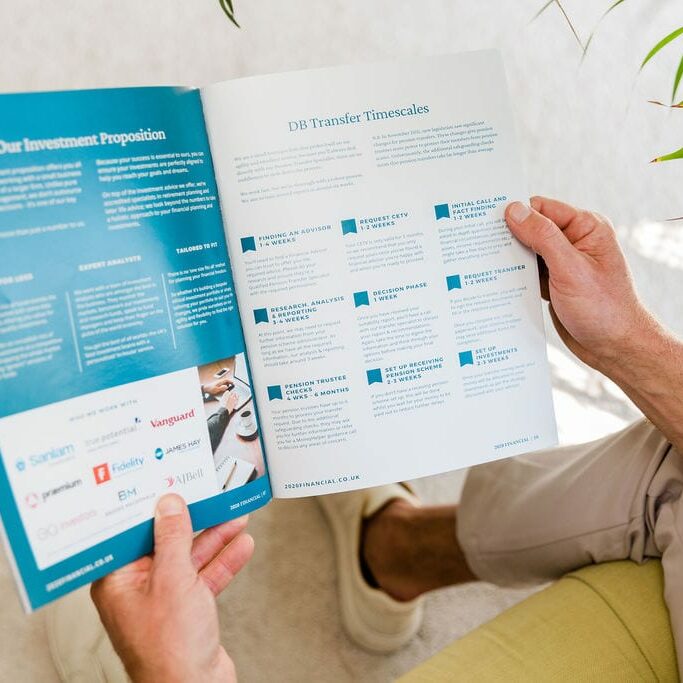
If you’re one of the lucky few with a Final Salary or Defined Benefit Pension, then it’s likely the transfer value of your pension has skyrocketed over the last few years, more as to why later, but transferring is risky business. Simon Garber, CEO of 2020 Financial looks at whether it’s ever a good idea to transfer out of these gold-plated pension schemes.
Transferring our of a Final Salary Pension Scheme – Why?
Many Defined Pension Benefit Schemes have seen a huge rise in their transfer values over the last few years, caused by the fall in gilt yields (one of the metrics used to work out the value of these schemes). Because of the increased transfer value, the lure of flexible access to your money in a Personal Pension Scheme can look like a very attractive prospect at the moment.
Unless you have accrued a significant pension pot, the standard answer for most people who enquire about transferring out of a Defined Benefit Scheme is DON’T. For the majority of people, leaving the scheme would not make financial sense, especially when it is their only planned source of retirement income. But for some, the benefits might outweigh the risk.
Like everything in the financial world working out whether to transfer or stay is a complex calculation that should take into account all factors affecting you including any other pensions and investments that you might have, your attitude to risk and your personal situation. These decisions need to be looked at on a case-by-case basis by a qualified professional and include a long-term cash flow forecast so that you can make the right decision.

Remember, advice is mandatory for transfers of £30,000 or over and can only be offered by a Qualified Pension Trnasfer Specialist
Reasons you might want to switch
- Flexible withdrawal – choose how much to take out and when. Take more when you need it and less when you don’t.
- Income tax planning – you’ll have more control over the rate at which you pay tax
- You can pass on the whole fund on death to a spouse/partner (not 50% as with most final salary schemes), and then potentially on to others such as children
- New pension rules allow you to withdraw a 25% tax-free cash lump sum from a personal pension plan
- You can access your pension fund before the ‘normal retirement age’ of the final salary scheme (which would have imposed penalties for doing this).
- If you are single, there is no requirement to buy a spouse/dependents’ pension.
- You can self-invest to keep the funds under your control.
- You won’t have to worry about possible scheme deficits.
Many final salary schemes are in a precarious funding position; according to the latest PwC report, the UK’s pension deficit currently stands at £630 billion – which means only just over half (0.57%) of all liabilities are covered (PricewaterhouseCooper, Oct 2016).
The issue has been exacerbated by a weak pound since the UK’s decision to leave the EU. If recovery plans do not work, many schemes could run into financial difficulty.
‘Guaranteed benefits’ look much less attractive if the survival of the scheme itself isn’t guaranteed. The Pension Protection Fund (PPF) will secure pension benefits up to certain levels, but it is not an automatic safety net.
See a full breakdown of the benefits and risks of Final Salary Pension Transfer in our definitive guide.
Get Informed
It pays to be informed, so whether or not you are currently considering a transfer, you should request a transfer value analysis and then ask your financial adviser to give you an independent assessment of your various alternatives.
Don’t make any knee-jerk reactions. Remember, advice is mandatory for transfers of £30,000 or over but highly recommended for smaller transfers too. In this new era of retirement planning there is everything to play for – so don’t dismiss any choices out of hand until you’ve been suitably informed.
If you’d like to find out more, request a callback today to discuss.If you’d like to speak to a Financial Adviser call us on 02380 981161 or send us an email at [email protected]



